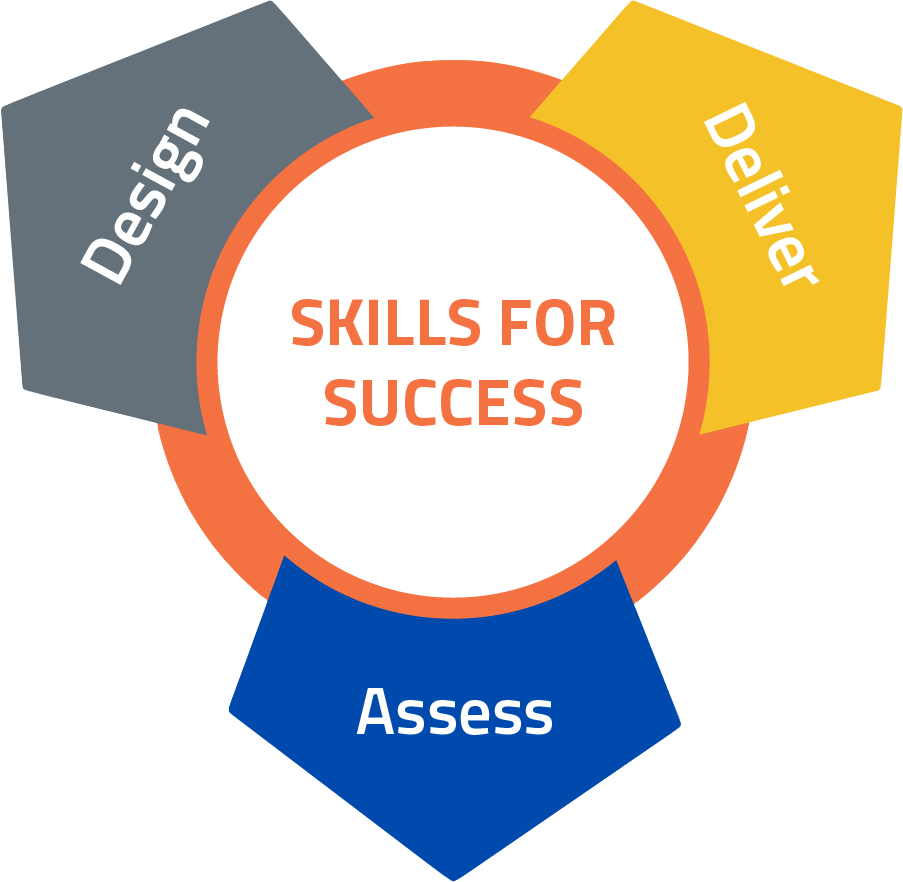Complexity is a task’s level of difficulty. Skills for Success are necessary for every job, but the skills are used at different levels of complexity depending on the demands of the job.
- Lew, Julia & Hardt, Michael D. (2011). Controlling Complexity: An Introduction to Question Structure. SkillPlan B.C. Construction Industry Skills Improvement Council. https://www.skillplan.ca/controlling-complexity/
- Human Resources and Skills Development Canada (2010). Readers’ Guide to Essential Skills Profiles. http://en.copian.ca/library/learning/hrsdc/guide/guide.pdf
- Essential Skills Profiles: https://www.jobbank.gc.ca/essentialskills
- Skill Components and Proficiency Levels: https://www.canada.ca/en/services/jobs/training/initiatives/skills-success/learning-steps.html
